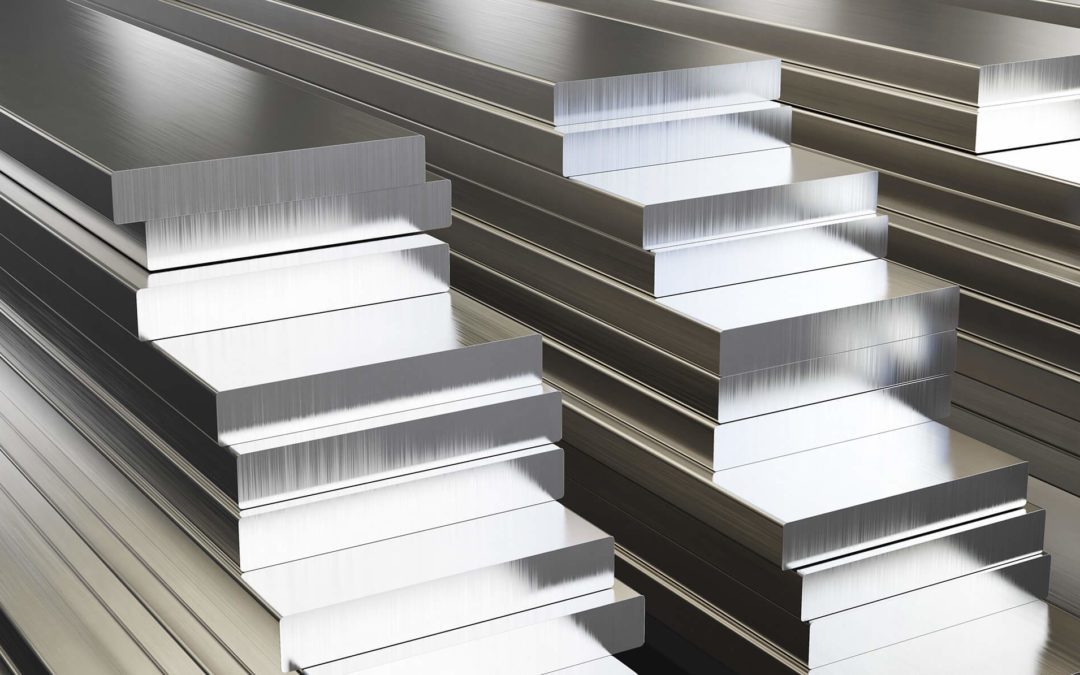What is the difference between 6061 and 7075 Aluminum grades?
When deciding on a material for prototypes, structural, aerospace, and many other applications, 6061 and 7075 aluminum alloys are commonly brought up. In order to make a proper material choice we need to understand the benefits that each grade can offer.
6061 Aluminum
- Known as the all-purpose aluminum grade, most commonly used aluminum alloy for CNC machined parts.
- Yield Strength of ~276 MPa (~40000 psi).
- Brinell hardness of 95.
- Elasticity of 68.9 GPa (10000 ksi).
- Melting point range of 582°-652°C (1080°-1205°F)
7075 Aluminum
- One of the strongest aluminum alloys with strengths comparable to many steels.
- Yield Strength of ~503 MPa (~73000 psi).
- Brinell hardness of 150.
- Elasticity of 71.7 GPa (10400 ksi).
- Melting point range of 477°-635°C (890°-1175°F)
The most important selling points of 6061 aluminum alloy is its low cost and versatility. It can be extruded and welded, has high machinability and good corrosion resistance. Its light weight and medium to high strength make it a popular choice for aerospace applications.
Coming in at a higher cost (25% on average), 7075 aluminum alloy will give you a higher strength with slightly poorer machinability. The most notable negative when using 7075 is its much lower corrosion resistance than 6061.
PartsBadger offers machining of nearly every type of Aluminum Alloy.
Rapid Quote
Enter your material, finish, tolerance, quantity, and upload your file to get your own custom quote in 2-6 hours. The Rapid Quote is perfect for higher volumes or special features.
Instant Quote
Enter your dimensions, material, finish and any other features your part needs and let our Instant Quote algorithm give you immediate pricing.
Contact Us
Need reverse engineering, design services, or just want to work with a design engineer one-on-one? Contact Us Now!

